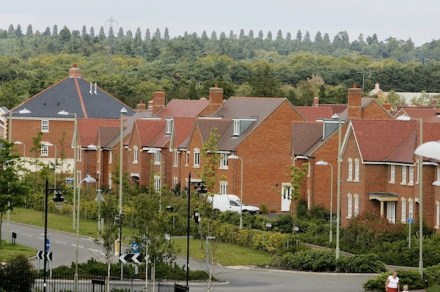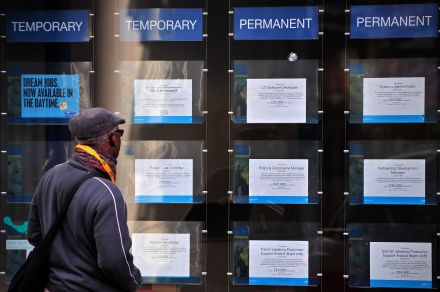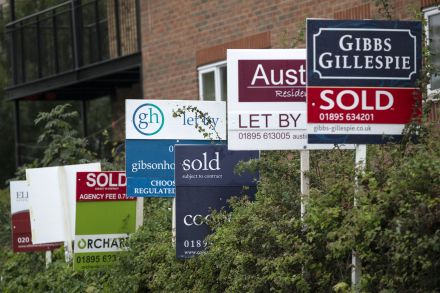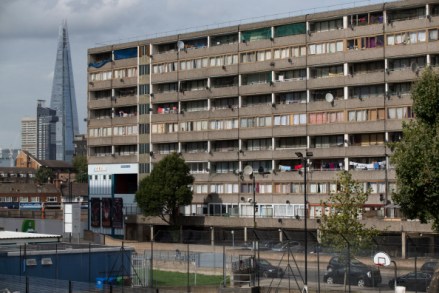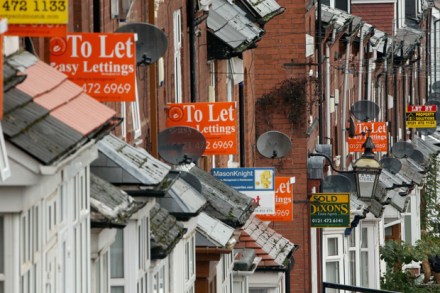Parents willing to pay tens of thousands more to live near a top school
I have no recollection of my first day at school. I was four-years-old so it’s not surprising that I can’t dredge up the memory. I do recall, however, refusing to return to nursery after being scared witless by Father Christmas. Back then (late 1970s), kids were dropped off at a new school and expected to get on with it. Today it’s markedly different. Ahead of my four-year-old niece’s foray into education, she has visited the school at least twice and had a couple of home visits from her teachers. Luxury! But there were still tears this morning, from daughter and mum. And I’ll be fretting all day, desperate to know how








